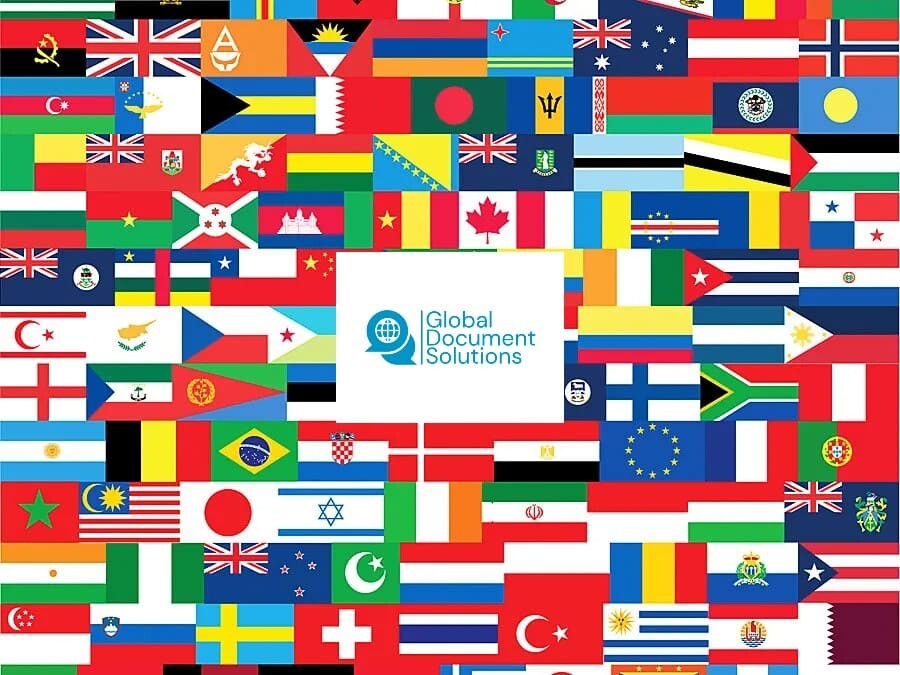
Making Your Canadian POA Internationally Recognized
The Apostille Authentication and Legalization of a Canadian Power of Attorney (POA) is a critical step in ensuring that the POA is recognized and valid for use internationally. Whether it is for personal or business purposes, a Canadian POA that is properly authenticated and legalized can save time and prevent complications when dealing with foreign authorities. In this article, we will discuss the importance of authentication and legalization, the process involved, and what Canadian individuals and businesses need to know before using their POA abroad.
Why is Apostille Authentication and Legalization Important?
An Apostille is a certificate that authenticates the signature, seal, or stamp of a government official on a document. When a Canadian POA is authenticated and legalized, it is recognized as the same and is legally valid document in any of the countries that are members of the Hague Apostille Convention. This includes countries in Europe, South America, and Asia. By authenticating and legalizing the POA, the individual or business can be confident that their POA will be accepted and recognized by foreign authorities for its intended purpose.
The Process of Authentication and Legalization
The process of authentication and legalization for a Canadian POA can be complex, so it is recommended to use the services of a professional company. The typical process involves the following steps:
- Verification of the POA: The first step is to verify that the POA meets all the requirements for authentication and legalization. This includes ensuring that the POA is properly signed, dated, and notarized.
- Authentication by the Canadian government: The POA is then sent to the appropriate Canadian government agency for authentication. This process involves obtaining a certificate that verifies the authenticity of the signature, seal, or stamp of the government official on the POA.
- Legalization by the appropriate foreign government: After the POA has been authenticated by the Canadian government, it is sent to the appropriate foreign government for legalization. This process involves obtaining a stamp, which verifies the authenticity of the document for use in the country in question.
- Delivery: Once the POA has been authenticated and legalized, it is returned to the individual or business, and they can use it for their intended purpose abroad.
What Canadian Individuals and Businesses Need to Know
- Timeframe: The process of authentication and legalization can take several weeks, so it is essential to plan ahead and allow enough time for the process to be completed.
- Requirements: Different countries may have different requirements for authentication and legalization, so it is essential to know what the requirements are for each specific country.
- Professional Services: As mentioned earlier, the process of authentication and legalization can be complex, and it is recommended to use the services of a professional company to ensure the process is done correctly and efficiently.
In conclusion, Apostille Authentication and Legalization are critical steps in ensuring that a Canadian POA is recognized and valid for use abroad. The process can be time-consuming and complicated, but with the help of a professional company, it can be done quickly and efficiently. If you need to use a Canadian POA internationally, consider using Global Document Solutions to ensure that your POA is recognized and accepted by foreign authorities.

